10 Unusual Ways People Celebrate Valentine’s Day
Valentine’s Day is the third most expensive holiday in the US, and when
Valentine’s Day is the third most expensive holiday in the US, and when
Get ready for a wild ride through the archives of school pranks! From
If you’ve ever fallen in love, you’re familiar with the signs. The euphoria,
February 14th, Valentine’s Day, is a day for lovers to shower each other
School has become a cornerstone of human society, shaping young minds into the
For people who prefer healthier desserts after a meal, February 6 is a
The New York Times once said, “No profession is as closely identified with food as
Whether it’s making avocado toast in the morning or having guacamole at lunch,
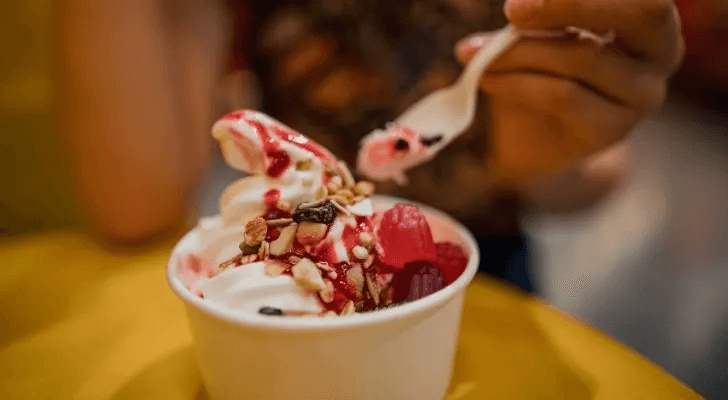
For people who prefer healthier desserts after a meal, February 6 is a day to look forward to
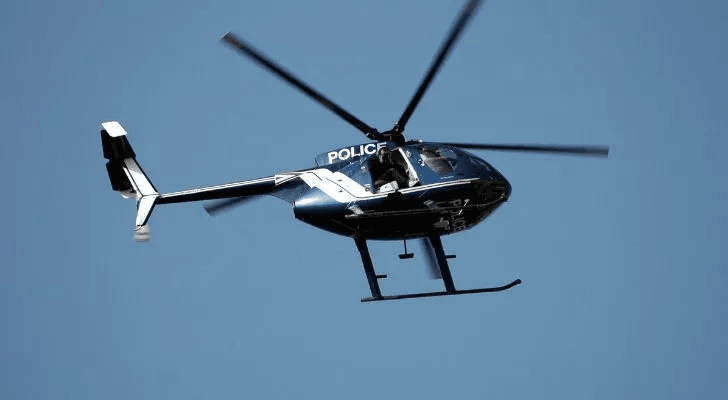
The New York Times once said, “No profession is as closely identified with food as police work is with doughnuts.”

Whether it’s making avocado toast in the morning or having guacamole at lunch, one thing’s for sure. Avocados

Who doesn’t love a cold scoop of ice cream on a hot day? This frosty treat has been
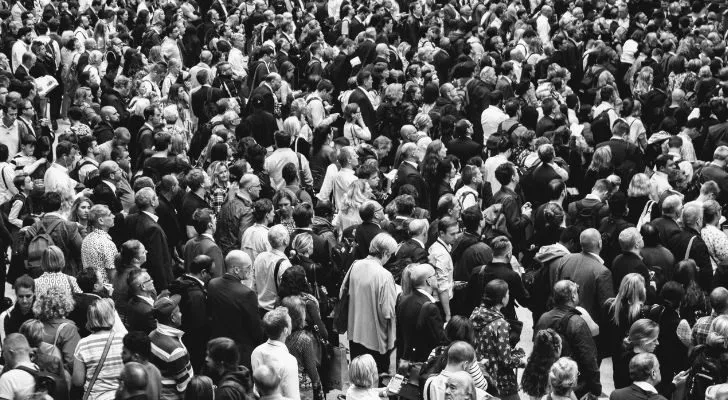
Over the years, The Great British Baking Show has caught the world in its oven mitts. You may

Hurricanes, shrouded in mythology and fear, have tormented coastlines for millennia. With so many different cultures having experienced

September babies are fortunate to claim asters and morning glories as their birth flowers. Asters dazzle with their

You know fall is on the way when you look out of the window and see the colors

For birthdays in October, there are two beautiful flowers to celebrate: marigolds and cosmos. Marigolds, with their bold

National Pet Day is a day to celebrate your pets and show just how much you love them.
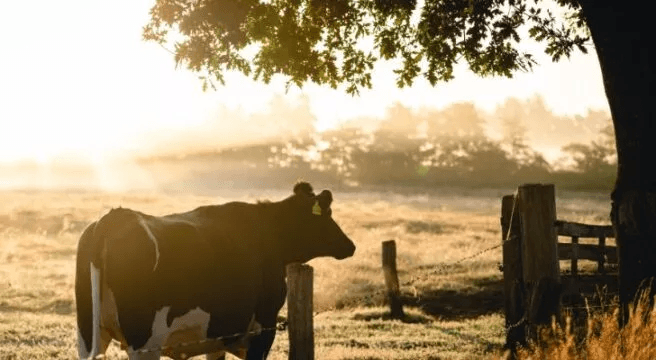
Cows play a crucial role in people’s lives, whether it’s for spiritual or commercial reasons. They’re also just

Goats are fascinating creatures with stubborn yet cheeky personalities. They are one of the most popular animals in

Geese’s aggressive nature makes them excellent protectors, but that’s just one of the many roles they play in

Australian wildlife doesn’t have the best reputation. It seems like everyone thinks that some dangerous creature is lurking















Life & Love October 14, 2024

Environment October 14, 2024

Life & Love October 14, 2024

Environment October 14, 2024
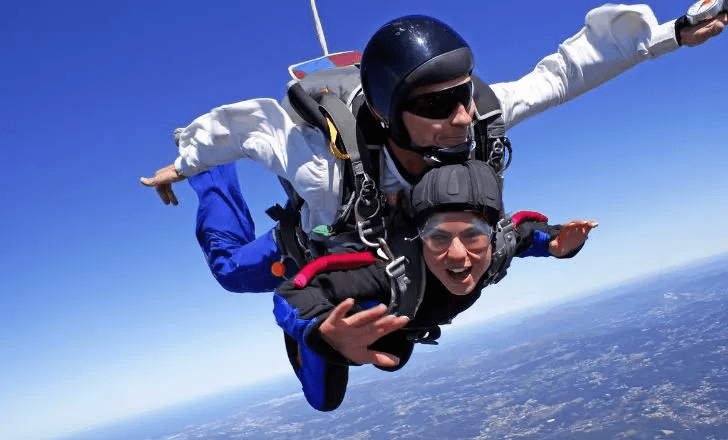
Life & Love October 14, 2024

Environment October 14, 2024

Food & Drink October 14, 2024

Food & Drink October 14, 2024
Hurricanes, shrouded in mythology and fear, have tormented coastlines for
September babies are fortunate to claim asters and morning glories
For birthdays in October, there are two beautiful flowers to
Mindfulness is all the rage nowadays, but what actually is it? And why is it so popular? Well,
If you’ve ever fallen in love, you’re familiar with the signs. The euphoria, pounding chest, and butterflies in
National Sunscreen Day is an opportunity to promote sunscreen and raise awareness of the dangers of too much
Have you ever struggled to relate to people who describe themselves as “morning people”? Perhaps your friends always
Research from Harvard has suggested half of the world’s population will suffer from a mental health disorder at
Have you ever struggled to relate to people who describe themselves as “morning people”? Perhaps your friends always wake up
National Sunscreen Day is an opportunity to promote sunscreen and raise awareness of the dangers of too much sun exposure.
Hurricanes, shrouded in mythology and fear, have tormented coastlines for millennia. With so many different cultures having experienced
Read moreSchool has become a cornerstone of human society, shaping young minds into the important adults of the future.
Read moreOver the years, The Great British Baking Show has caught the world in its oven mitts. You may
Read moreFebruary 14th, Valentine’s Day, is a day for lovers to shower each other with gifts and romantic gestures.
Read more